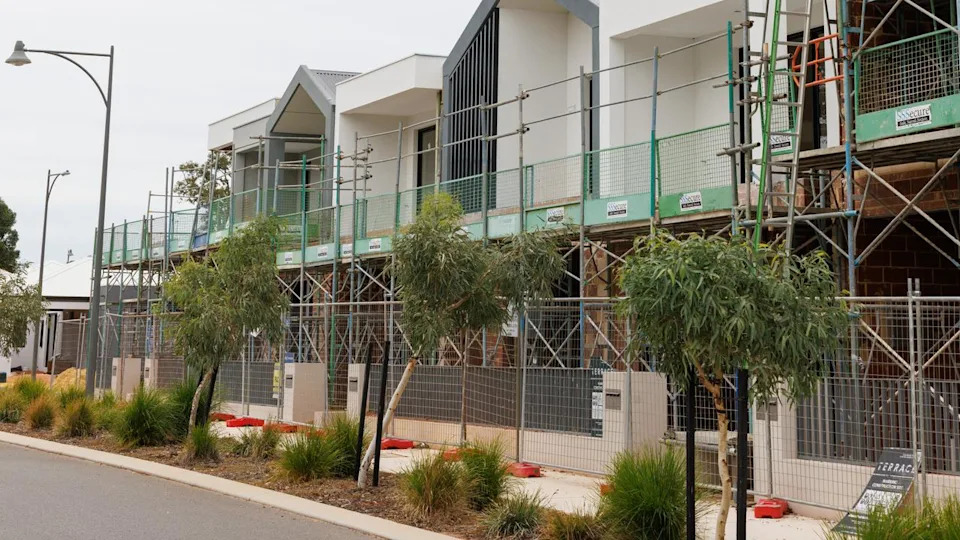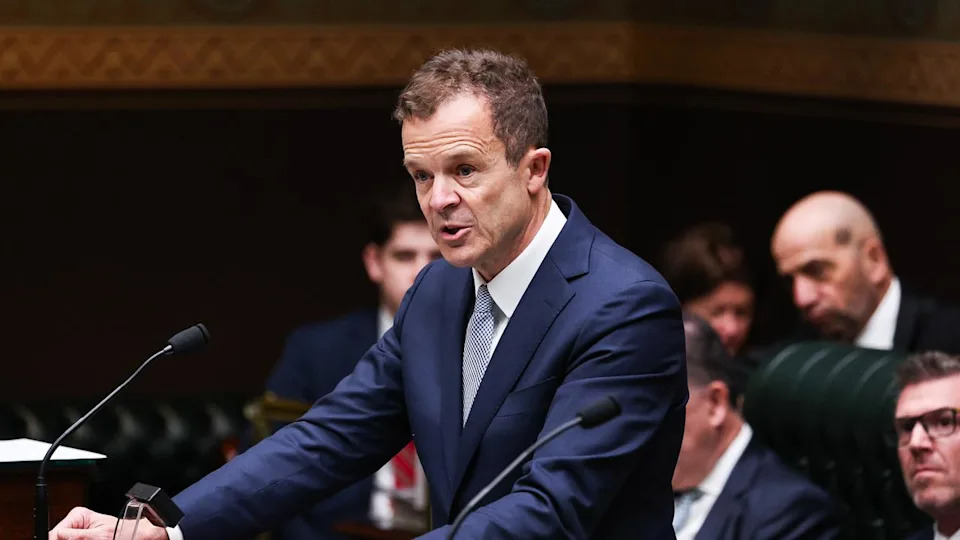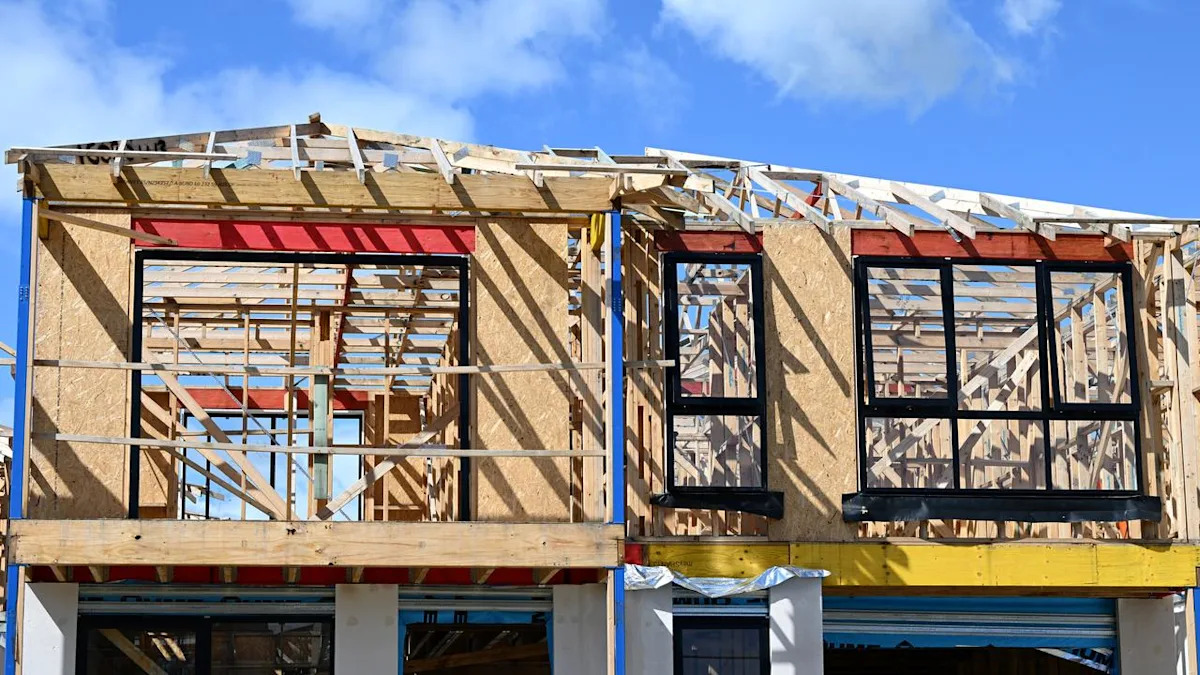The overhaul of a “confused” system to speed up lagging housing approvals in Australia’s most expensive property market could pose environmental and corruption risks, critics warn.
Debate on a 50-page bill demolishing and rebuilding NSW planning legal architecture began in state parliament on Wednesday.
While changes are ostensibly focused on housing, green groups and farming communities are concerned mining and energy projects could be spared appropriate scrutiny under the new regime.
Independents have also sought to keep off the chopping block clauses protecting the environment and bushfire-prone areas.

The housing planning system in NSW is complex and unwieldy, the state opposition says. (Richard Wainwright/AAP PHOTOS)
The opposition claimed credit for helping get Labor’s legislation before parliament after offering bipartisanship on planning reform.
But it would still put forward amendments that are “practical, responsible and aimed at cutting red tape while keeping government accountable”, leader Mark Speakman said.
They include reviews and other oversight of the Housing Delivery Authority, a recently created, minister-controlled panel that can bypass council approvals.
The coalition also wants mines, waste incinerators, transmission lines and wind and solar farms excluded from the planned targeted assessment pathway.
It also wants to retain district and regional planning panels, which Planning Minister Paul Scully has warned take 100 days longer on average than local planning panels.
Mr Speakman told parliament this was because the panels dealt with more complex applications and had other functions within the planning system.
“Stakeholders we’ve consulted have expressed almost universal concern,” he said.
Official housing data out on Wednesday showed 46,724 home build commencements in NSW to the year to June.
That was up about 6000 on the previous year but well short of the 70,000-mark hit in the late 2010s.

The coalition has “practical and responsible” changes aimed at cutting red tape, Mark Speakman says. (Gaye Gerard/AAP PHOTOS)
“With new planning reforms being debated in parliament today, and the very real prospect of bipartisan support, we now have hope for some genuine red-tape reduction and a genuine focus on housing supply among our planners and decision makers,” said Tom Forrest, head of developer peak body Urban Taskforce.
When introducing the reforms in September, the planning minister said the existing law, amended repeatedly since 1979, had ended up creating a complex and unwieldy system that “obsesses over relatively minor matters”.
His bill formalises the speedier Housing Delivery Authority in legislation, creates a new authority to centralise decisions across government agencies, and allows minor variations without a full development application.
But a briefing note from the Environmental Defenders Office warns the significant changes risk increasing environmental and community impacts and stoking corruption.
“When changes like this are conceived in a rush and pursued without broad consultation, there are likely to be unintended consequences,” the legal non-profit said.
Greens MP Sue Higginson said the bill should be subjected to a parliamentary inquiry and formal advice from the Independent Commission Against Corruption.
The corruption watchdog has produced more than 30 reports exposing likely and actual corrupt conduct involving the planning system since its creation in 1989.
The Greens will also put forward a 20-per-cent affordable housing requirement for every housing project exceeding nine dwellings.
